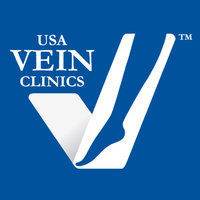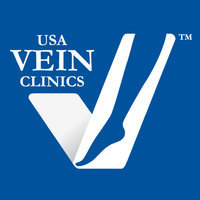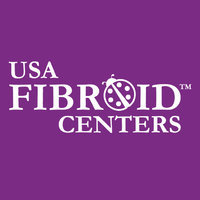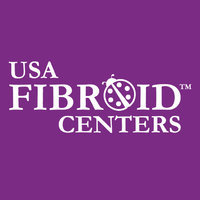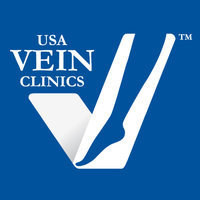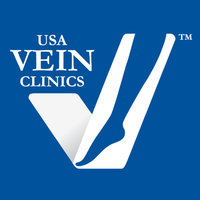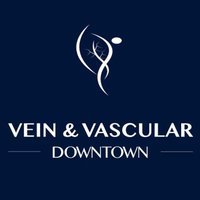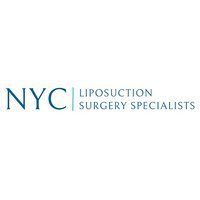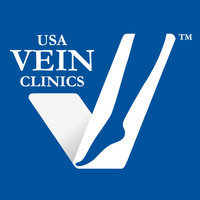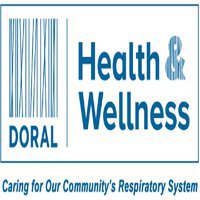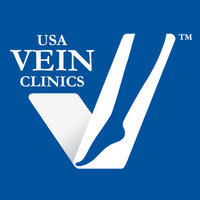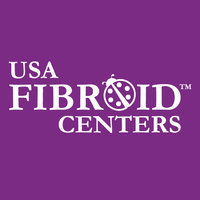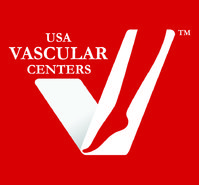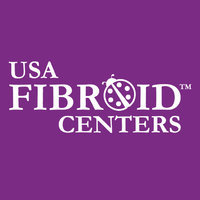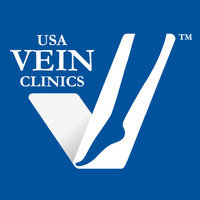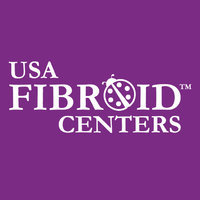Spider veins are called that because they often look like a red or blue spider web creeping across your skin. They’re similar to varicose veins, but differ mainly in size. Spider veins tend to occur closer to the surface of your skin as well, whereas varicose veins are deeper and look like twisted cords or bulging ropes that swell when engorged.
Spider veins usually appear on your face or legs, but can develop anywhere on your body. They may appear in very small batches or take up large areas of skin. Your New York dermatologist can tell you if you have varicose or spider veins and how best to treat them.
All symptoms and skin findings should always evaluated with a thorough consultation and physical examination for an accurate diagnosis and treatment plan in order to exclude any underlying serious condition.
Spider veins, called telangiectasia in the jargon of your medical skin doctor, are common, especially as you age. Heredity plays a big role in whether or not you’ll be among the more than 55 percent of women and 45 percent of men who have some level of spider veins — usually on the legs.
If you stand for long periods of time, you’re at a greater risk of developing spider veins, which form as a result of pressure placed on the blood vessels. They also are caused by weakened veins that end up with a backup of blood in them, leading to their appearance under your skin.
